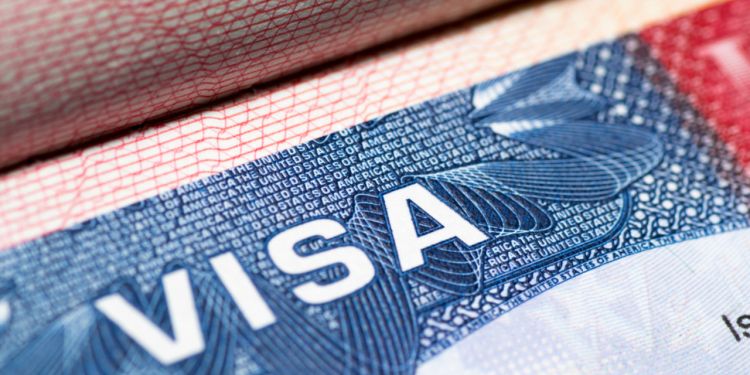
With few exceptions, most travellers to Kenya will need a visa, whether they are visiting for the purposes of tourism, business, or are relocating permanently. Most visa types can be applied for via Kenyas eVisa portal, which is straightforward and easy to use. All travelers should research and consider visa and entry requirements well in advance before booking travel.
Tourist and transit e-visa
The Kenyan government encourages tourists to apply online for an e-visa before travel. Although visas on arrival are possible, applying in advance saves time and is preferred and encouraged by the government. A visa is required to enter Kenya from most countries, with a few exceptions, stated on the e-visa website. Citizens of most countries can apply for an e-visa. Those who are not eligible must apply via a paper application to the Department of Immigration.
There are three types of temporary (short-term) visas:
- Single entry visa, for tourism, business, or medical travel. This is valid for up to 90 days and can be renewed once from within Kenya.
- Transit visa, for those passing through Kenya for up to 72 hours. However, if you don't plan on leaving the airport, then no visa is needed.
- Courtesy visa- This visa is for diplomats or those travelling to Kenya on official government business.
There is no fee for the courtesy visa, but there is a fee for single entry and transit visas. The current visa processing time for e-visas is two days, but this is subject to change. Visas can be applied for online via the eVisa website. Applicants will need to provide details as to their reason for travel, including an itinerary and hotel booking for tourists. Applicants will also need to have at least six months' validity on their passport, at least one blank passport page will have to be in possession of a return flight ticket, and will also need to submit a passport photo.
If you are settling in Kenya for more than three months, you will need to register with the local police or the Department of Immigration. This will require payment of a registration fee, fingerprinting, and a passport-sized photo will be required. A residency card will then be issued.
Good to know: All entrants into Kenya, regardless of visa type, will need to show proof of yellow fever vaccination, if travelling from a country at risk of yellow fever. However, as yellow fever is present in Kenya, travellers are recommended to be vaccinated before travel. Protection against Hepatitis A, malaria, and typhoid is also recommended.
Work visa
To live and work in Kenya, a valid work permit is required. All workers, even those who are self-employed, cannot legally begin to work before a visa is granted. Expats in Kenya will most likely need a Class D visa, which covers 'specific employment by a specific employer', meaning a company has hired you to work for them in Kenya. This includes international transfers, overseas workers being hired by Kenyan-based businesses, and humanitarian workers. The Class I visa is for foreign missionaries working in Kenya, and may also be of interest to potential expats. A full list of work visas can be found via the Department of Immigration.
An employer can apply for a work visa on your behalf, although some visa applications can be done directly through the Department of Immigration.
Good to know: The Kenyan government reviews work visa applications very strictly, with the aim of ensuring Kenyan workers are not missing out on opportunities to foreign workers. Therefore, the application process for jobs can be competitive.
Useful links:
We do our best to provide accurate and up to date information. However, if you have noticed any inaccuracies in this article, please let us know in the comments section below.







